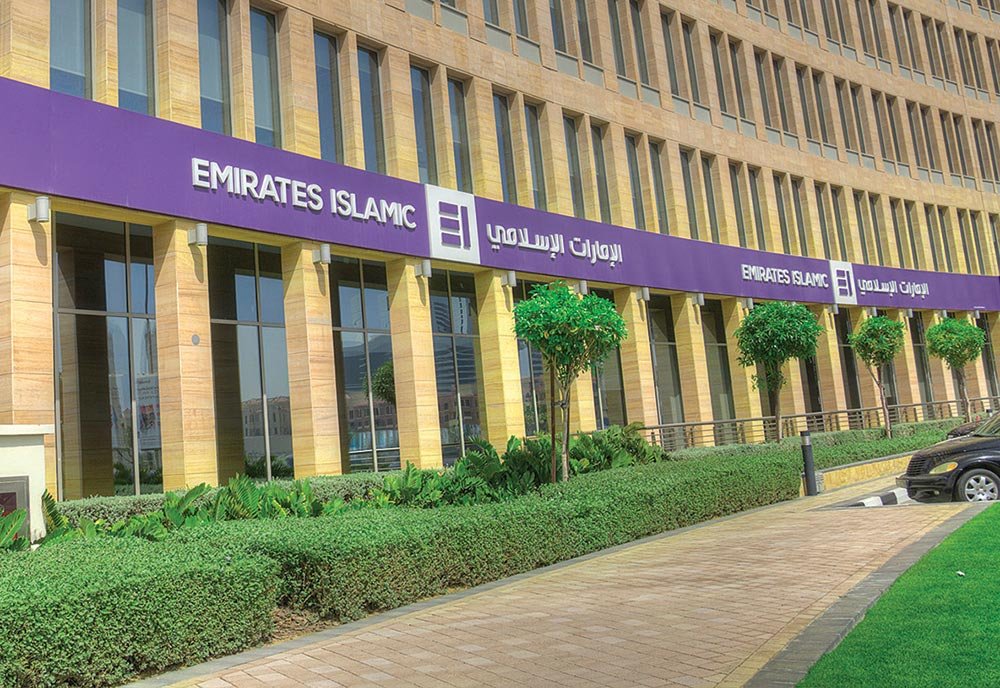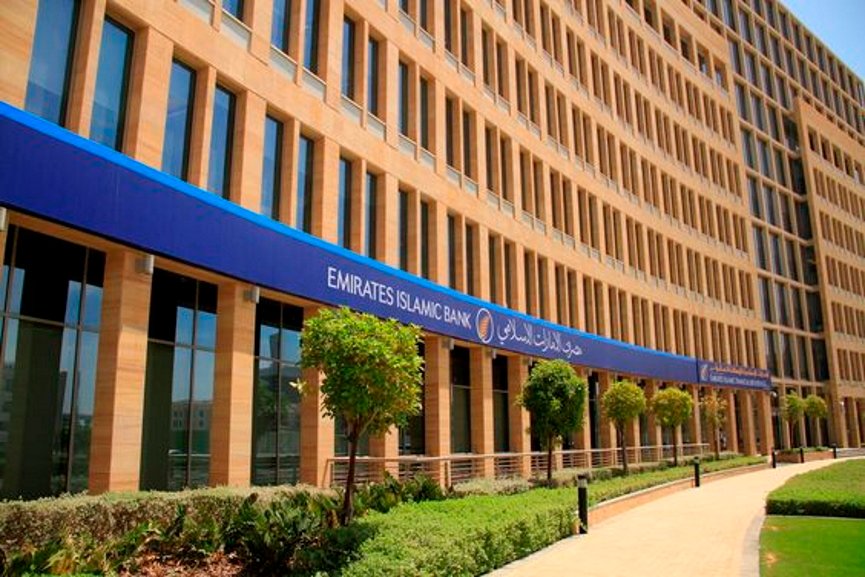Emirates Islamic, one of the leading Shariah-compliant banks in the UAE, has announced that it will officially delist from the Dubai Financial Market (DFM) on June 10, 2025. This move comes after receiving full approval from its board and relevant authorities.
This decision follows a resolution passed by the bank’s board of directors and is expected to mark a major shift in the structure of publicly listed banks in the UAE. The Emirates Islamic delisting also reflects a growing trend of strategic repositioning among banks in the region.
Why Is Emirates Islamic Delisting from DFM?
The decision to delist was first made public in May 2024, when Emirates NBD, which owns the majority of shares in Emirates Islamic, submitted a formal request to the DFM for the delisting process.

There are several possible reasons behind the delisting:
- Streamlining operations under the parent company, Emirates NBD
- Reducing administrative and compliance costs linked with maintaining a separate listing
- Improving overall group performance by centralizing reporting structures
- The fact that 99.9% of shares are already owned by Emirates NBD, making public trading of Emirates Islamic shares almost redundant
Although the bank has not released a detailed statement explaining the delisting, industry experts believe these reasons are likely behind the move.
What Happens to Shareholders After Delisting?
As Emirates NBD already owns nearly all shares of Emirates Islamic, the delisting is not expected to significantly affect external investors. Small remaining shareholders will likely be given the option to sell their shares to Emirates NBD at a fair market value or agreed-upon price.
The process also does not impact the operations of Emirates Islamic Bank, which will continue to offer services to its customers across the UAE, including retail banking, corporate banking, and wealth management—all in accordance with Islamic banking principles.
Regulatory Process and Approvals
The Emirates Islamic delisting has been a regulated and structured process. The DFM announced the delisting through an official circular on its website, notifying investors and market participants of the upcoming change.
The circular confirmed that:
- Last trading day for Emirates Islamic shares was set earlier
- The final delisting date is June 10, 2025
- Shareholders have been informed of the delisting through various public notices
The UAE’s Securities and Commodities Authority (SCA) has also been involved in the approval process, ensuring transparency and fairness for all parties.
What This Means for Dubai’s Financial Market

The Emirates Islamic delisting is part of a wider trend where companies choose to consolidate operations under larger parent entities. In recent years, a few other companies in the region have made similar moves either to restructure internally or to go private.
Despite the delisting, the Dubai Financial Market remains one of the most active and attractive stock exchanges in the region. In fact, the UAE has seen increased IPO activity in the last two years, especially in sectors such as technology, logistics, and real estate.
So, while the exit of Emirates Islamic may appear as a reduction in listed financial entities, it does not reflect a loss of confidence in the market itself.
Background on Emirates Islamic and Its Performance
Emirates Islamic Bank was established in 2004 and quickly grew to become a leading Islamic bank in the UAE. It offers a wide range of services, including:
- Retail and personal banking
- Corporate banking solutions
- Digital banking and fintech innovations
- Shariah-compliant financial products
The bank has consistently reported strong earnings over the past few years. In 2024, Emirates Islamic posted robust financial results, driven by higher interest income and strong customer growth.
Its digital banking platforms also received recognition for innovation, and the bank won multiple industry awards for service quality and product development.
Parent Company Emirates NBD’s Role in the Delisting
Emirates NBD, one of the largest banking groups in the Middle East, holds nearly all of Emirates Islamic’s shares. The group has been actively streamlining its businesses to align with long-term strategic goals.
The decision to delist Emirates Islamic is in line with these goals and suggests a tightening of the group’s capital structure and reporting efficiency.
Some analysts believe this could also be a step toward repackaging Emirates Islamic as part of a future group IPO or strategic investment round involving new technologies or Islamic finance innovations.
Reactions from the Market and Banking Sector
The market has responded to the delisting news with measured optimism. Analysts agree that the move was expected, especially given the high ownership stake of Emirates NBD.
There has been no negative impact on the shares of Emirates NBD, and the bank continues to maintain strong investor confidence due to its healthy balance sheet, diversified services, and regional expansion plans.
Other banks in the region are also watching closely to see if this sparks a new wave of consolidations or restructurings in the Islamic banking sector.
What Comes Next for Emirates Islamic?

Although the bank is leaving the public market, Emirates Islamic is far from stepping out of the spotlight. The bank has plans to:
- Expand digital banking services for retail and SME clients
- Introduce new Islamic financial products tailored to younger, tech-savvy consumers
- Continue investments in AI, blockchain, and cloud-based banking tools
Delisting gives the bank more room to operate without the pressure of quarterly public reporting and may allow more freedom to innovate internally.
Conclusion: A Strategic Move for a Stable Future
The Emirates Islamic delisting from the Dubai Financial Market is not a sign of weakness but rather a calculated business strategy by Emirates NBD to simplify operations, cut compliance costs, and potentially refocus on new growth areas.
For the average customer or investor, not much will change immediately. Emirates Islamic will continue to operate as one of the UAE’s premier Islamic banks, offering the same level of service and innovation.
As the UAE’s financial markets evolve, this move could mark the beginning of a broader transformation in how regional banks structure themselves for long-term success.
Do follow UAE Stories on Instagram
Read More: Saudi Arabia GDP Growth Beats Forecasts With Strong First Quarter













